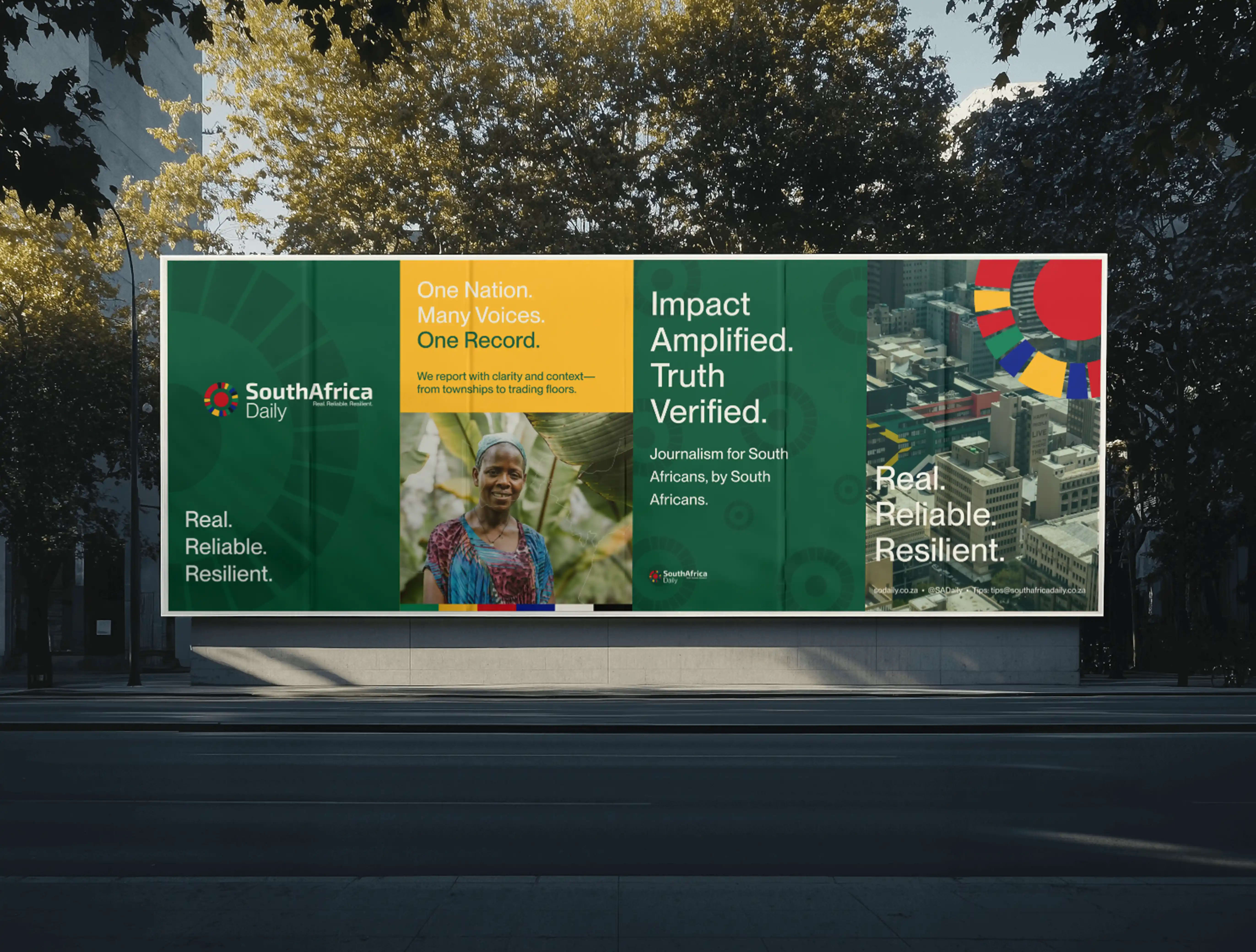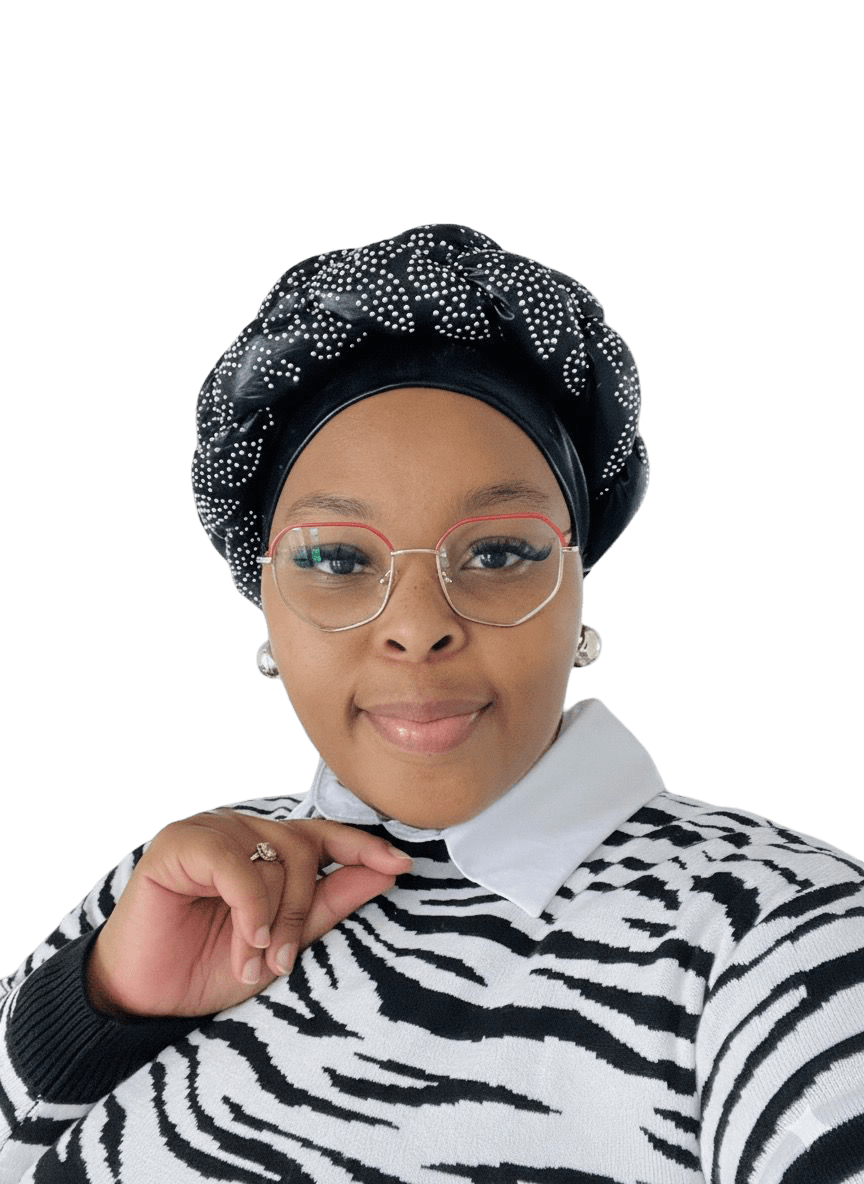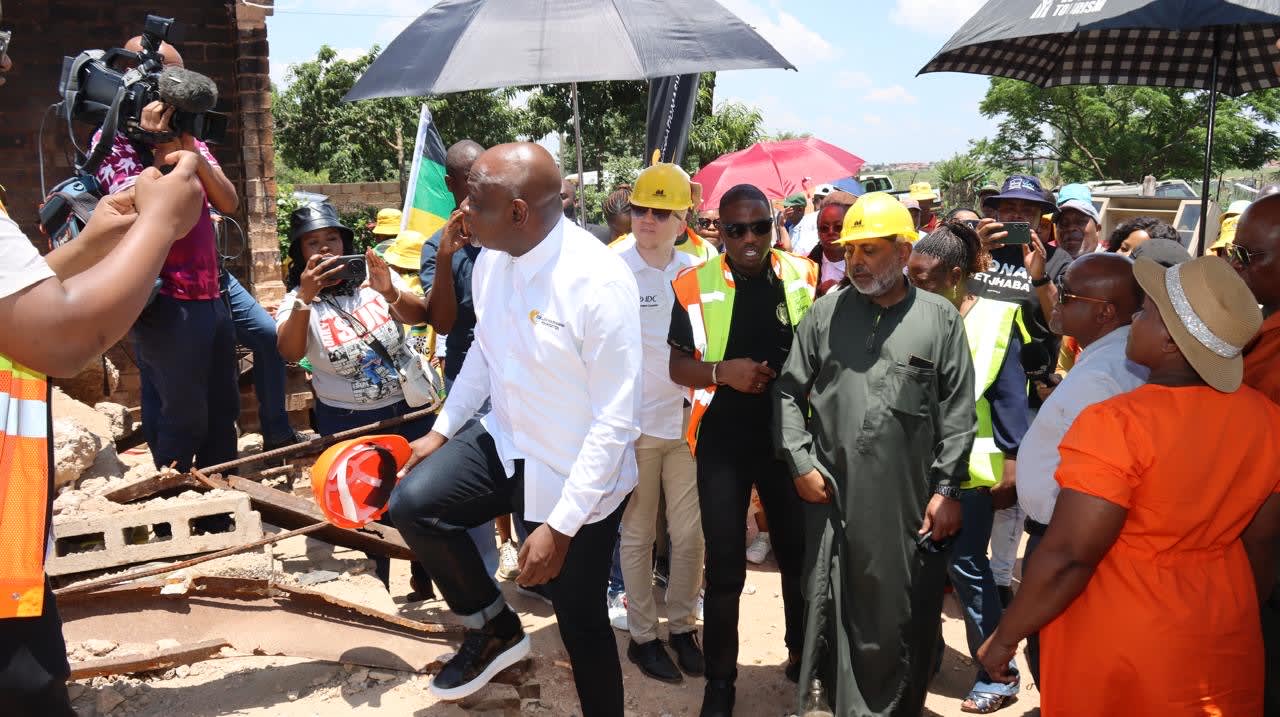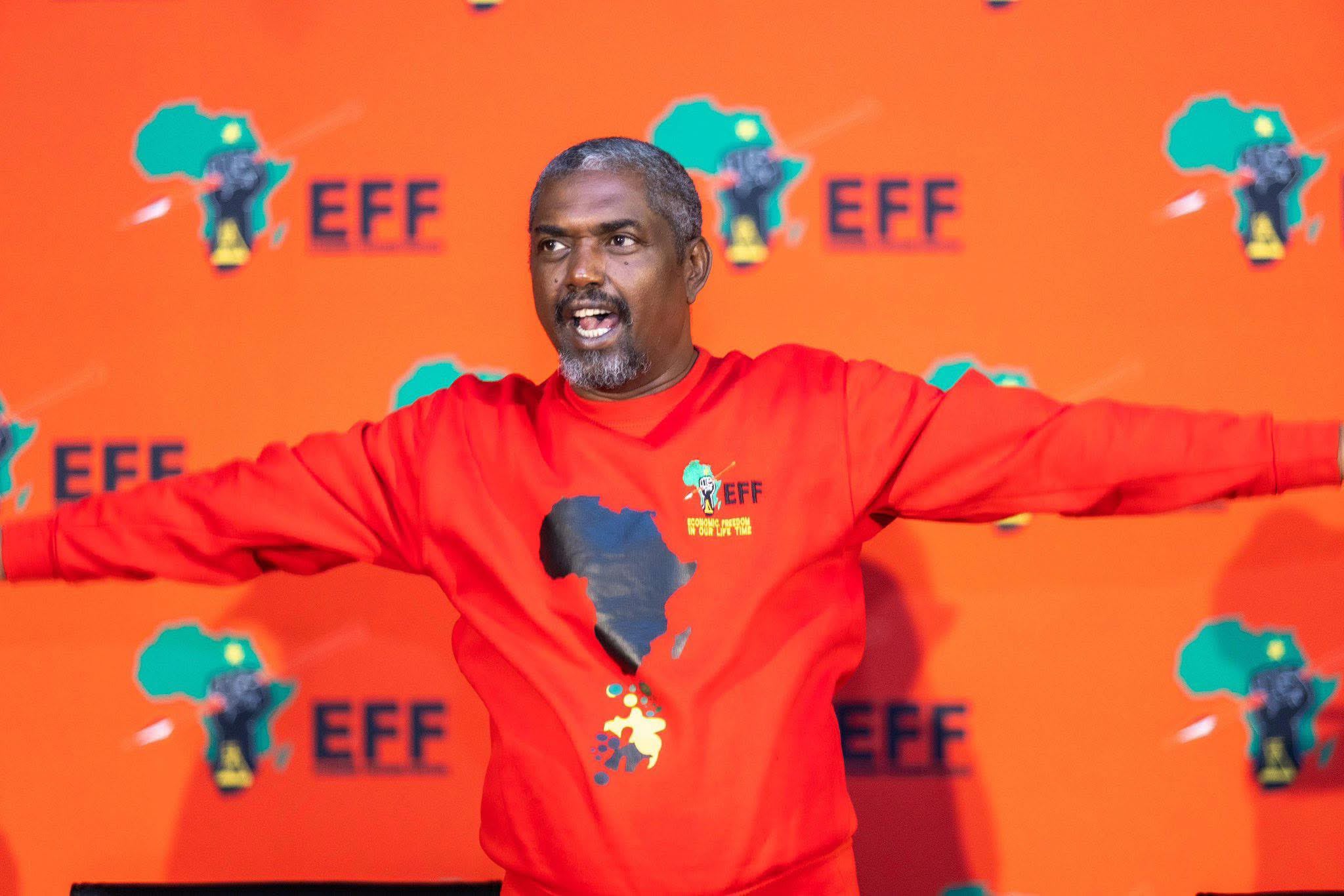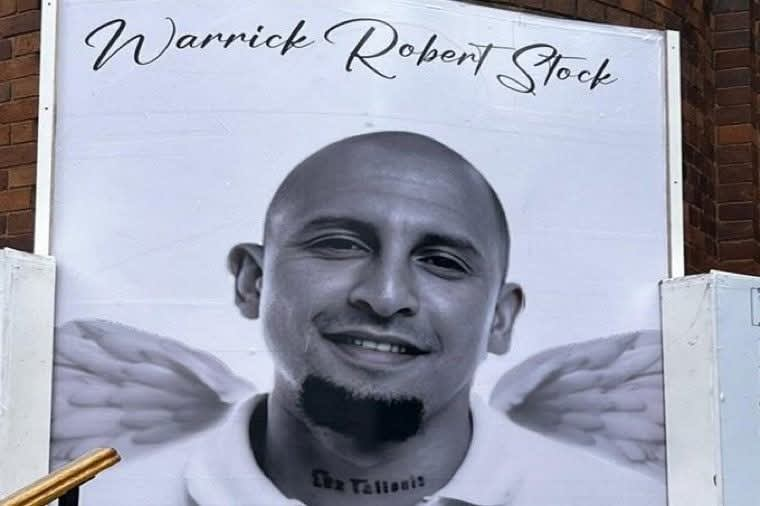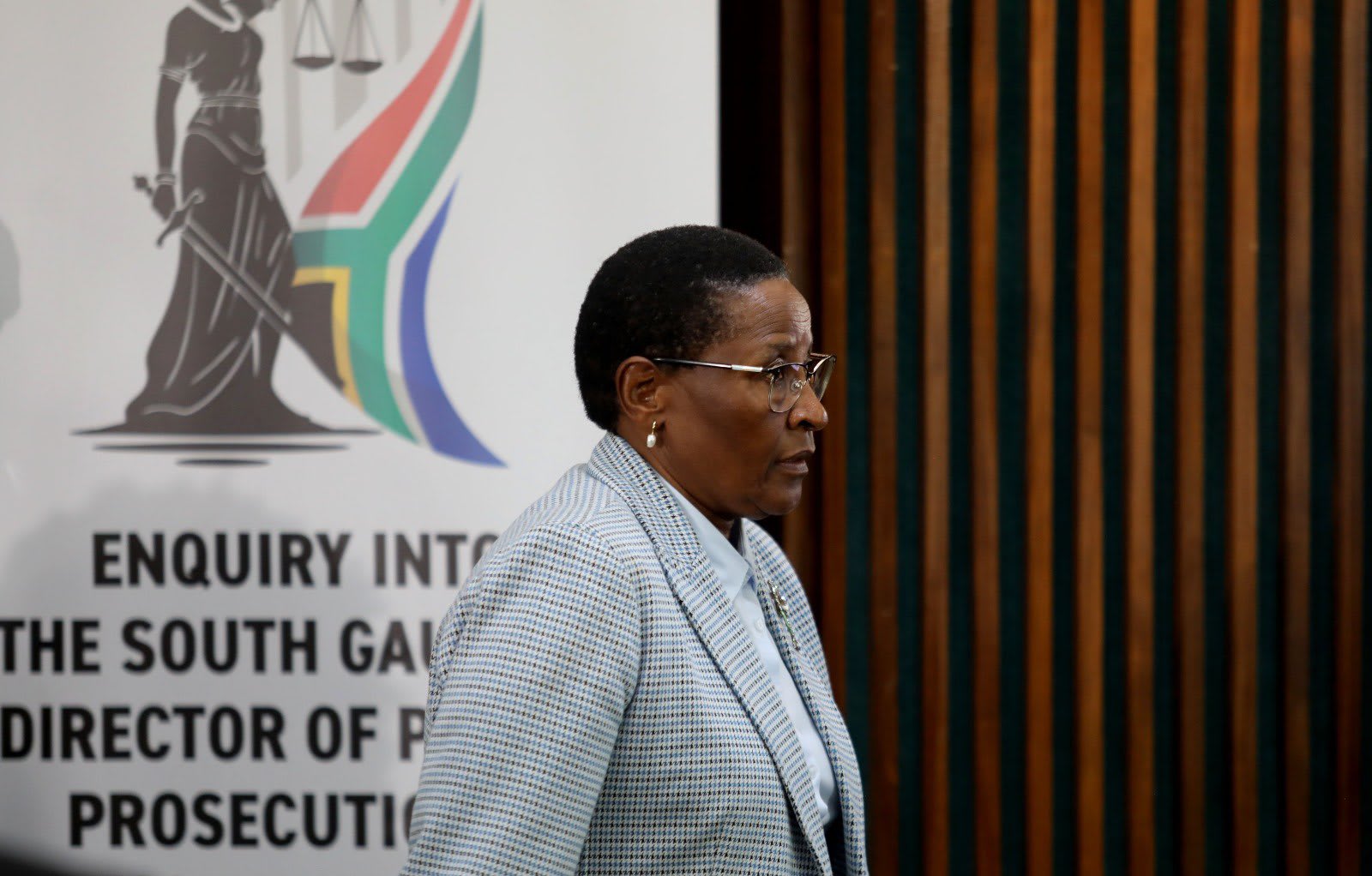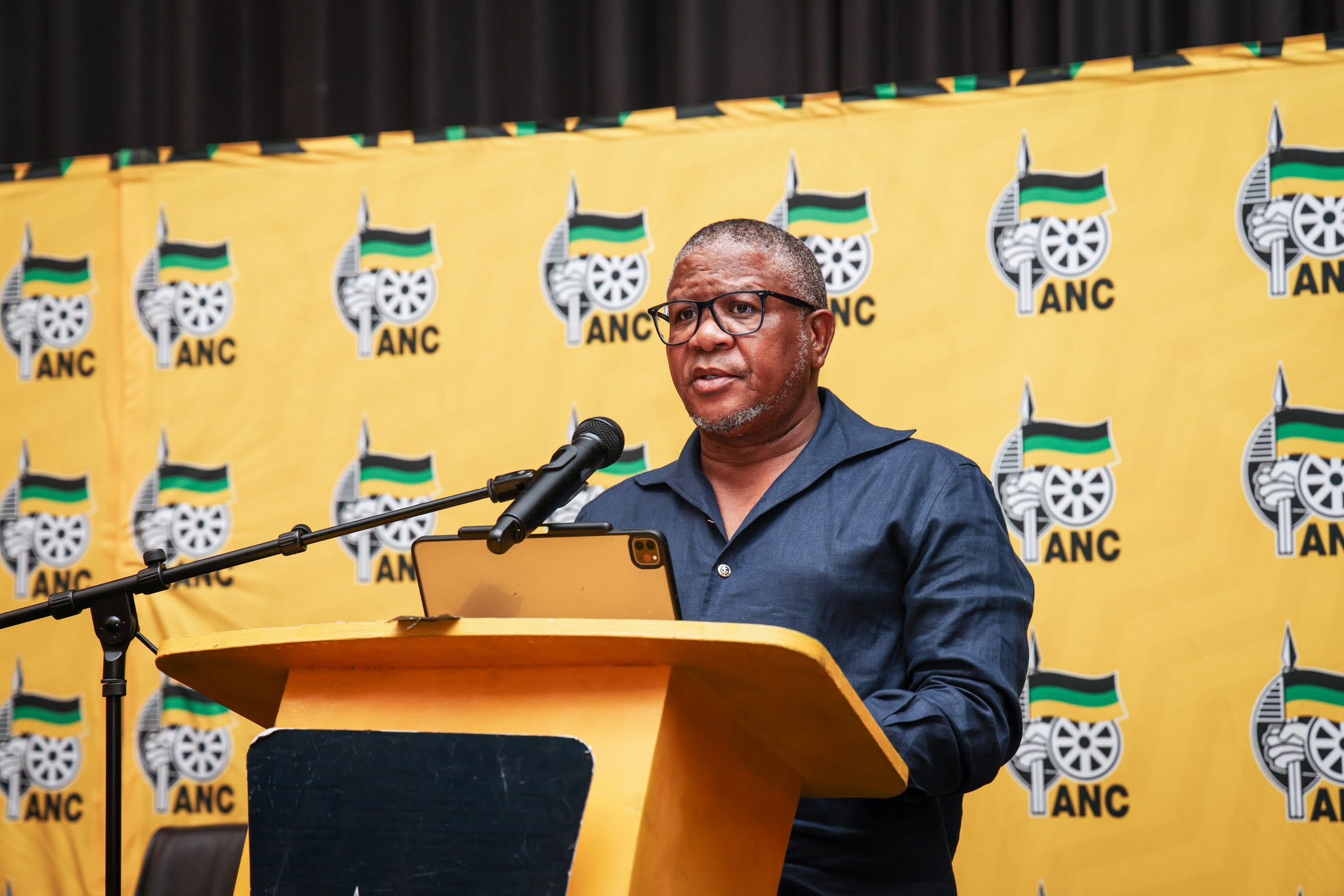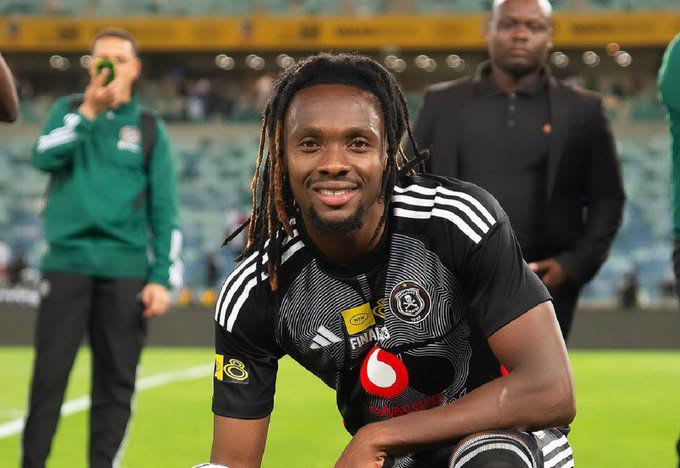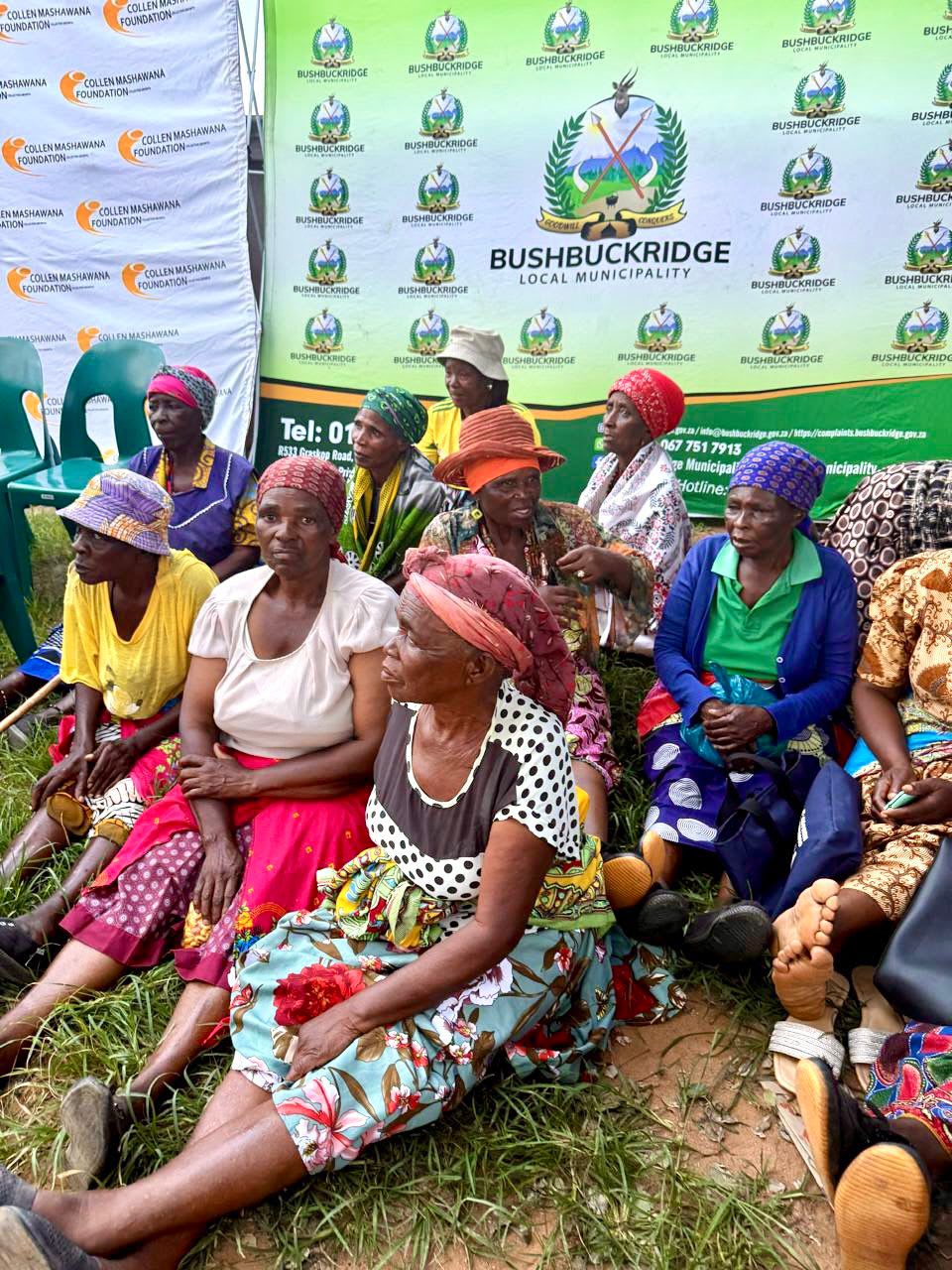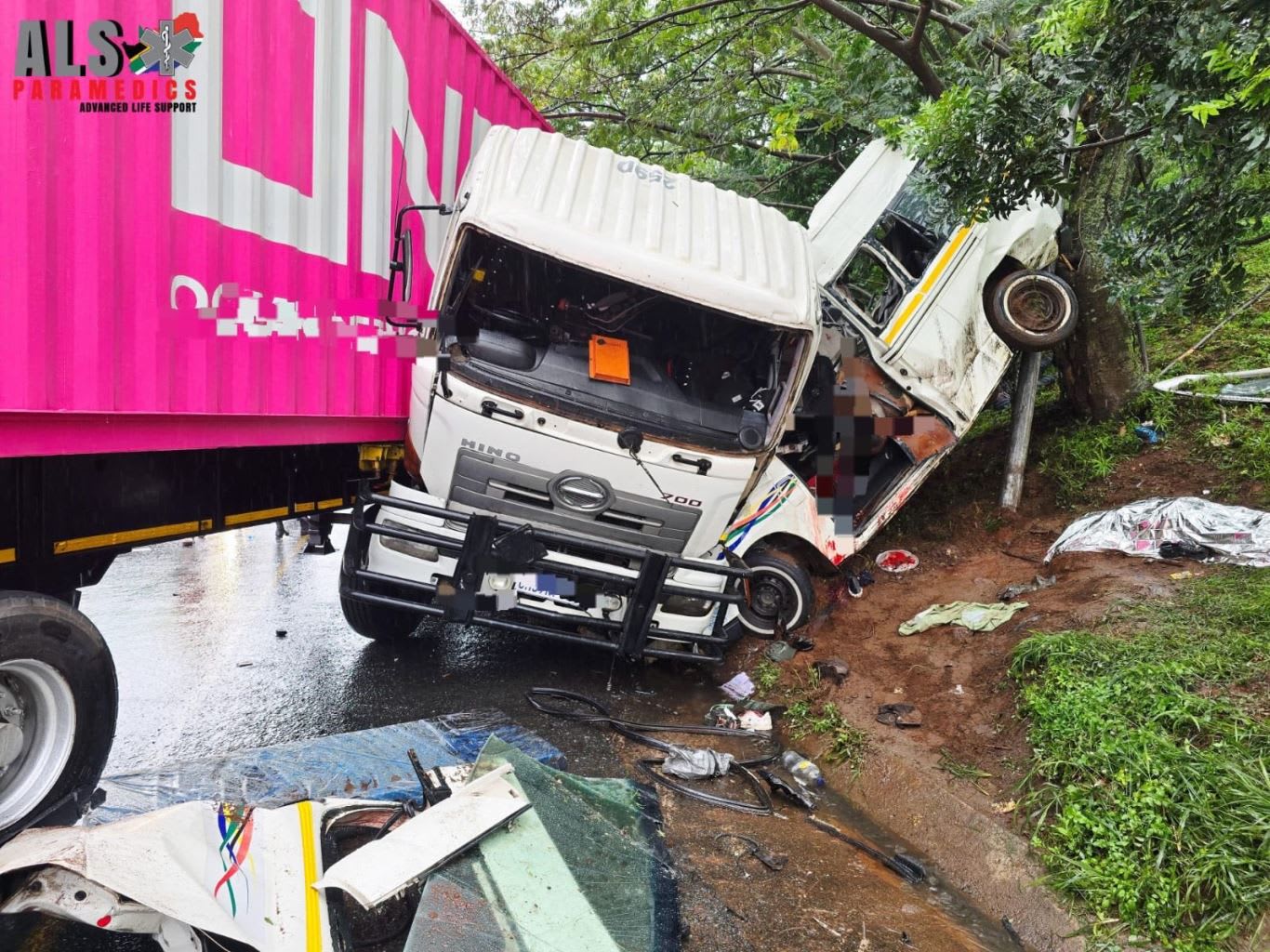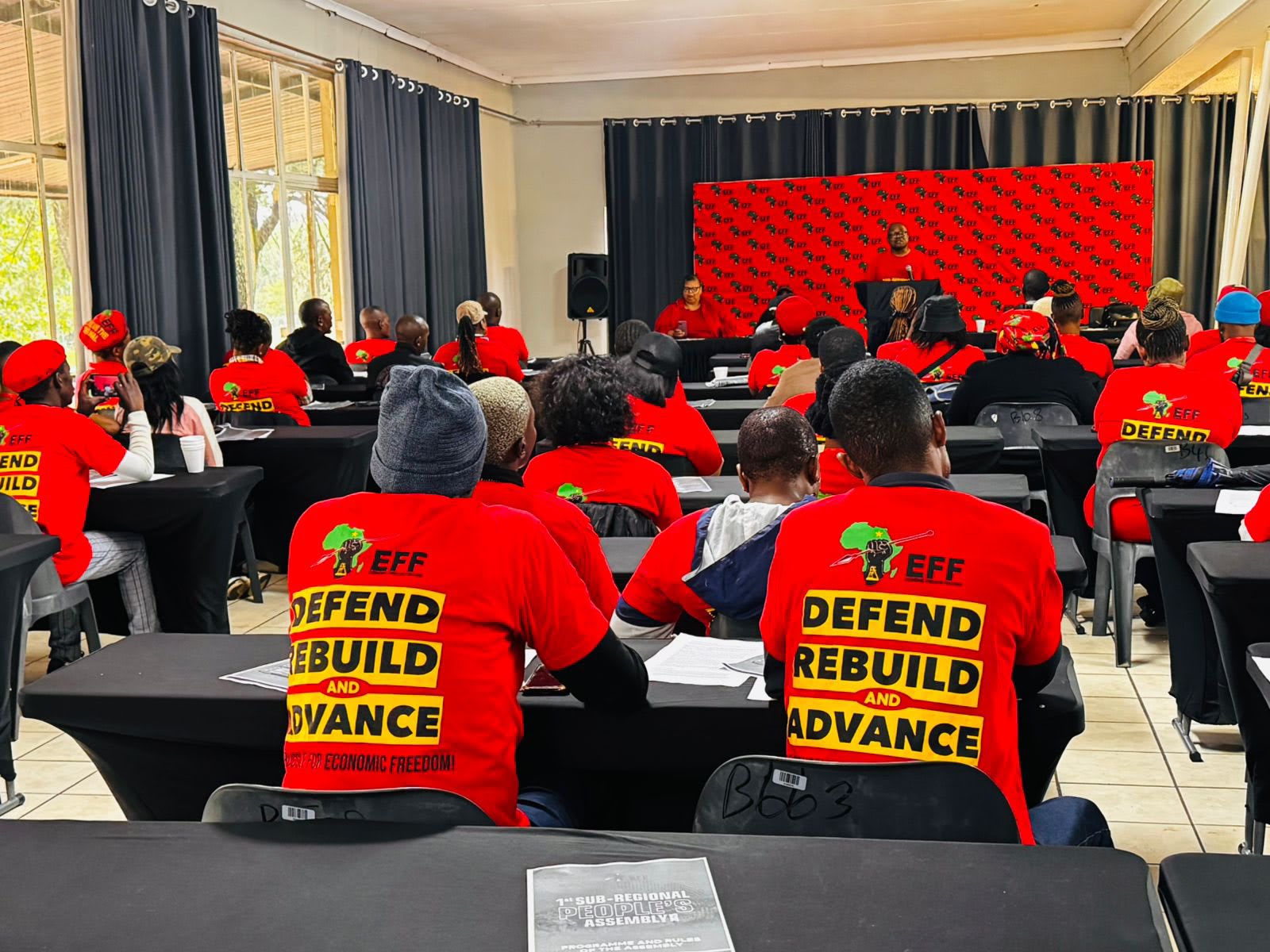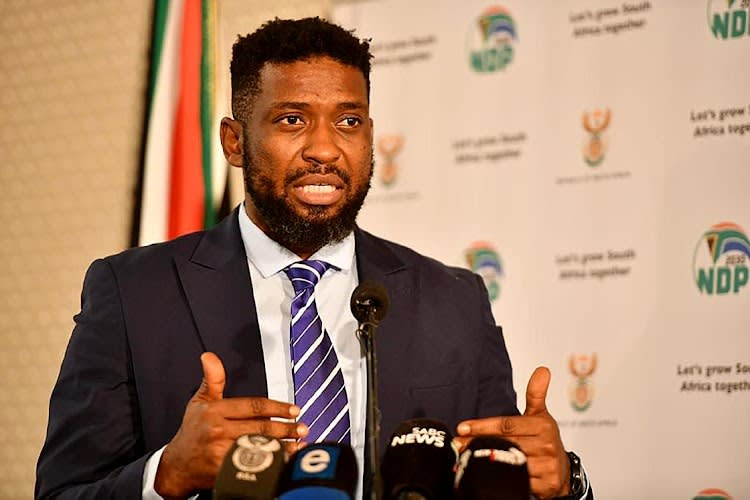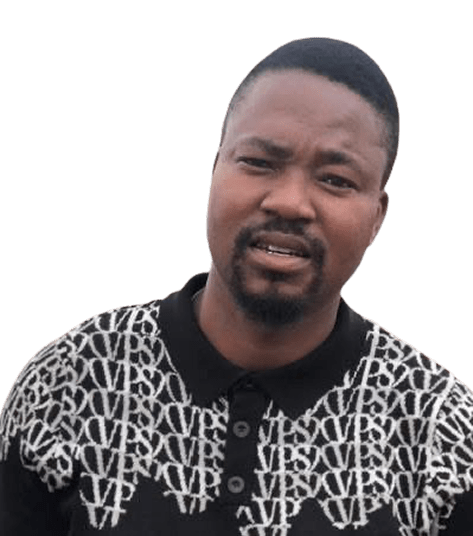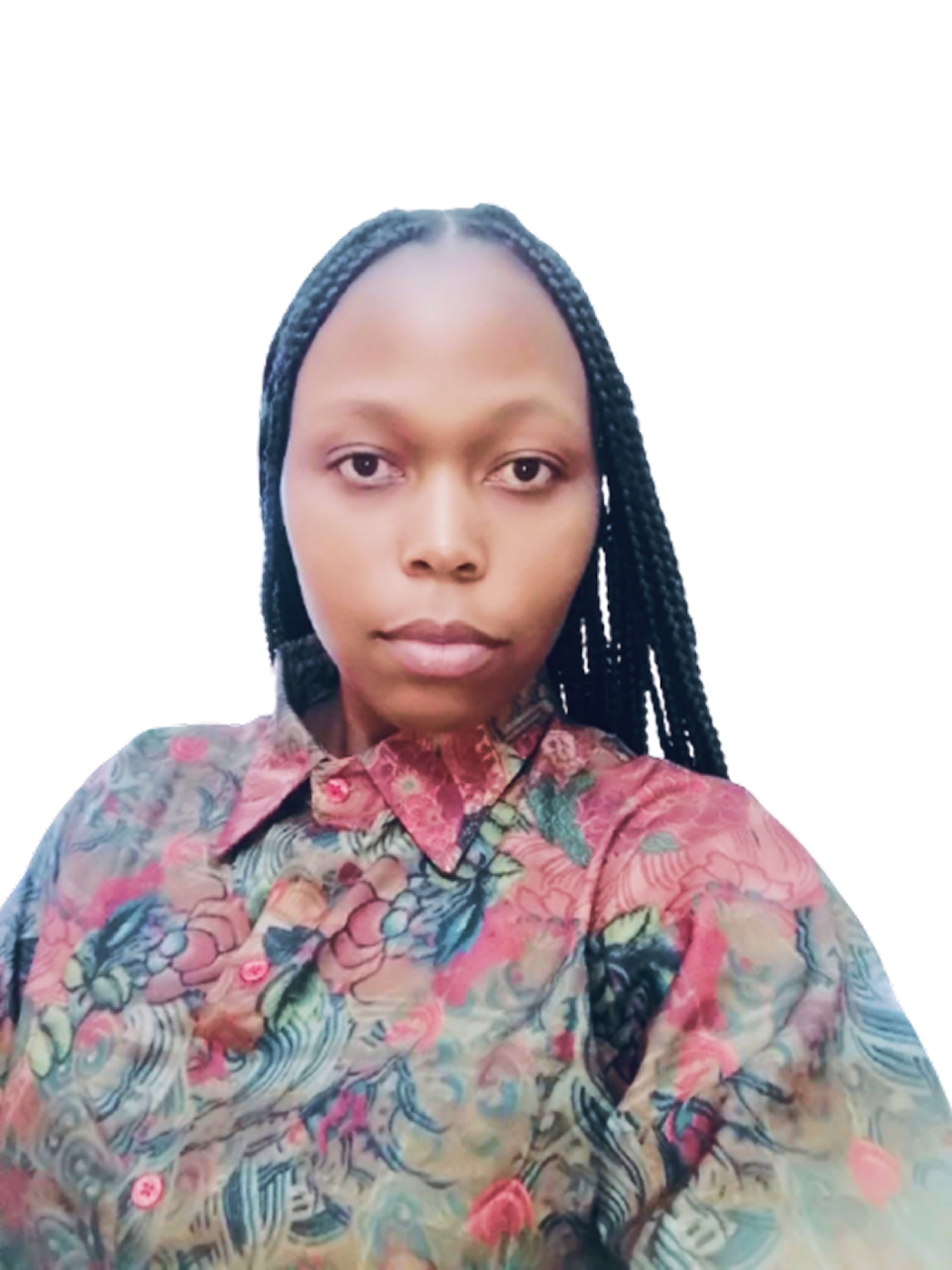MK Party
Former South African President Jacob Zuma arrived in Ouagadougou to attend a major gathering of Afro-descendants organised by the African Diaspora Development Institute. With around 700 participants, the event emphasises reconnecting with African roots, economic sovereignty and continental solidarity through dialogue and shared heritage.
Former South African President Jacob Zuma has arrived in Ouagadougou, Burkina Faso, to participate in an international gathering focused on the unity and empowerment of Afro-descendants. The event, organised by the African Diaspora Development Institute (ADDI), brought together around 700 participants from across Africa, the Caribbean, Europe, and the Americas. It serves as a platform for leaders, thinkers, and activists to discuss how to strengthen connections between Africa and its global diaspora while promoting self-determination and shared prosperity.
Zuma’s presence at the gathering drew significant attention, symbolising a continued call for African solidarity and self-reliance beyond political borders. In his address, he spoke about the historical fractures caused by colonialism and slavery, urging Afro-descendants to rebuild a collective consciousness rooted in pride and purpose. “We must not let the divisions of the past dictate the future of our people,” he said, emphasising the need for economic independence, cultural revival, and the creation of institutions that serve African interests.
The conference, held under the theme “Building Bridges Between the Continent and Its Diaspora,” focused on initiatives that strengthen cooperation in education, trade, science, and cultural exchange. It was attended by traditional leaders, government officials, scholars, and youth representatives, all united by the desire to reimagine Africa’s global influence through unity and shared identity.
Speakers highlighted the importance of restoring historical narratives and reclaiming Africa’s role in global development. Dr Arikana Chihombori-Quao, founder of ADDI and former African Union ambassador to the United States, noted that the diaspora remains a vital part of Africa’s future. “Our strength lies in our connection. The descendants of Africa, wherever they may be, must see themselves as builders of one home,” she said.
For Zuma, who has long been vocal about African independence and reforming global power dynamics, the event represented a continuation of his political philosophy centred on Pan-Africanism and resistance against external domination. His participation also reflected growing efforts among African leaders to foster collaboration with the diaspora as a strategic partner in trade, innovation, and global advocacy.
Participants shared ideas on building sustainable economies, establishing cultural and educational institutions that reflect African values, and addressing challenges such as migration and underdevelopment. Workshops explored how diaspora communities can contribute to investment projects, skill transfer, and the global promotion of African arts and heritage.
The gathering concluded with a renewed commitment to developing an Afro-descendant economic forum and strengthening the institutional framework that connects African nations with their diaspora populations. As the event closed, delegates echoed a common message — that unity, self-awareness, and cooperation are essential tools in shaping a future where Africa and its descendants stand as equal partners in the world.
Jacob Zuma’s appearance in Ouagadougou thus carried both symbolic and practical significance, reaffirming a message that resonates deeply across generations: Africa’s strength lies in the restoration of its own story, written and owned by its people.

